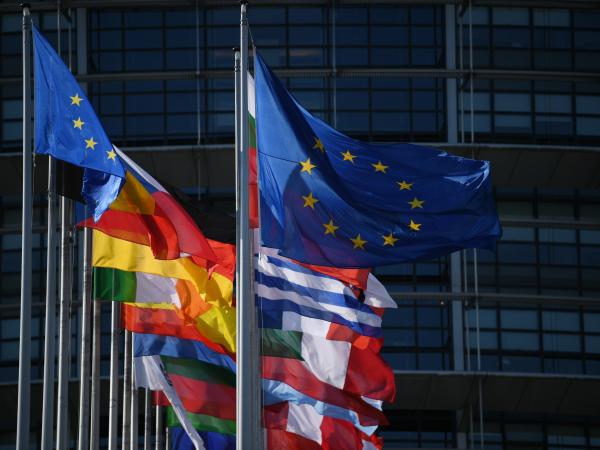The European Commission lowered this Thursday from 2.7% to 2.6% their expectation of economic growth this year in the eurozone, and raised its annual inflation forecast from 6.1% to 7.6%, as a result of the strong impact of the war in Ukraine.
(Read: Why the United Kingdom would experience a severe inflationary crisis).
In its Summer Economic Forecast, the Commission also cut expectations for 2023 – with a forecast of growth of 1.4% and inflation of 4%- and warned that the situation could worsen further in the event of an interruption in the supply of Russian gas.
For the European Union (EU) in general (including the eight countries of the bloc that do not adopt the common currency), the Commission expects this year a growth of 2.7%, the same one that had been announced in the Forecasts published in May.
Among the main economies of the eurozone, the Commission again cut its expectation on Germany for this year, from 1.6% expressed in May to 1.4%. For Spain, the Commission expects economic growth this year of 4% (same as in May), although for next year it drastically lowered the forecast, from 3.4% to 2.1%.
According to the report of the Commission, Spain will close this year with an inflation of 8.1%, a higher level than Germany (7.9%), Italy (7.4%) or France (5.9%), reviewed the AFP agency.
(Also: The euro fell against the dollar, reached parity and recovered slightly).
The euro zone closed the month of June with an inflation of 8.6%, a record level. This scenario has set off alarm lights, as it could leave the EU stuck in the face of an explosive mix of low growth and high inflation.
BRIEFCASE
















